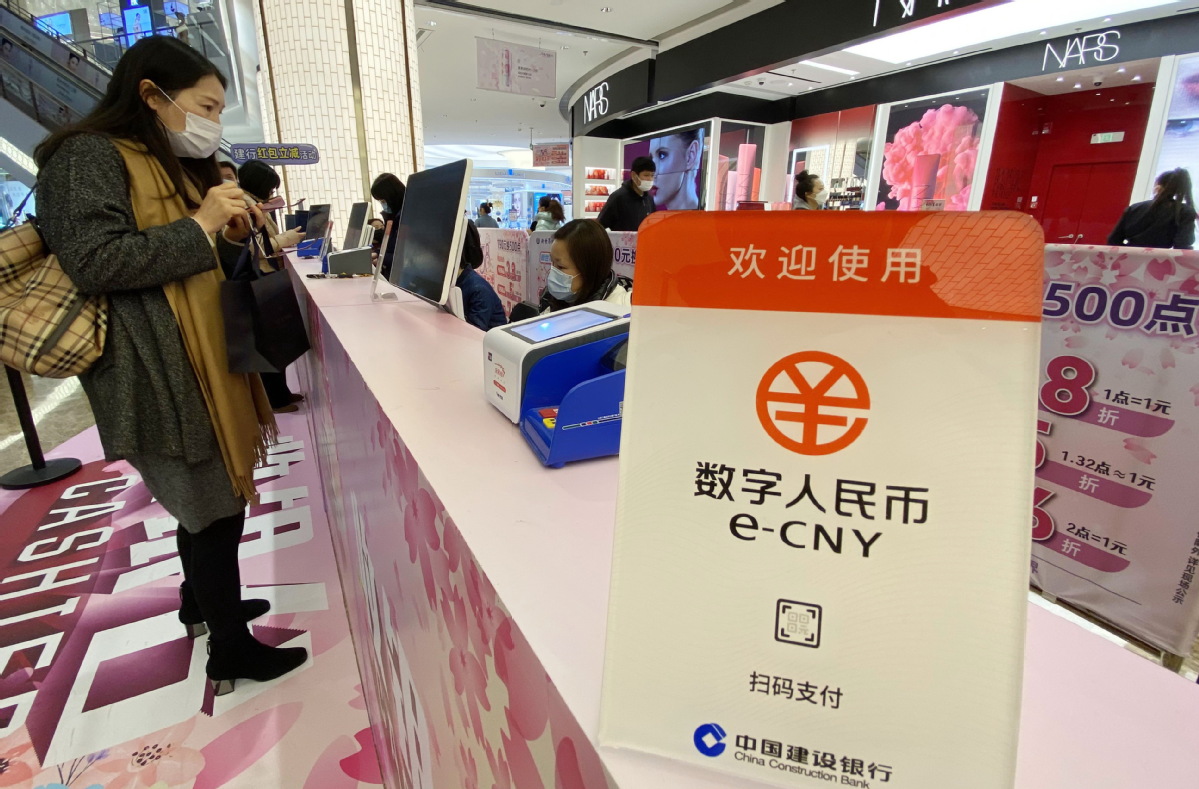First-mover advantage on digital currency


Li Bo, vice-president of the People's Bank of China, the country's central bank, emphasized at a sub-forum of the Boao Forum for Asia Annual Conference 2021 in Hainan on Sunday that Bitcoin is a kind of crypto digital asset and an investment option, not a currency.
Financial watchdogs in the United States, Turkey, India and some other countries have strengthened their supervision over crypto digital assets, including Bitcoin as its value had fluctuated dramatically recently. The market's chasing crypto digital assets has eroded the efficiency of these countries' bailout policies in helping their real economies.
Bitcoin is essentially different from not only physical currencies, but also digital currencies. Bitcoin has no support of economic fundamentals. People invest in it for speculative purposes, as it does not exist in the field of circulation, an important function of currency.
In order to cope with the impact of the epidemic and get out of the economic trough, central banks in many countries around the world have adopted a large number of loose monetary policies. In this context, the traditional financial savings track may be affected by the rise in future inflation expectations. Therefore, some investors are actually pinning their hopes on earnings from Bitcoin outperforming future inflation. That is to say, people's psychology of investing in Bitcoin is not to think that Bitcoin itself has value, but to get more funds through Bitcoin investment.
The digital currency the PBOC has launched is anchored with the material currency, which includes, by definition, depositor reserves in banks which must be kept in physical cash, and is used in circulation, consumption and trade.
Compared with the US, China has more favorable conditions to promote its digital currency, because mobile payments are already a common practice in the country, and the PBOC has already piloted the use of digital currency on a large scale.
Relevant technology, channels, policies and the preparation of the market for the launch of digital currency are more mature in China than in the US, where people are more habituated to debt spending through credit cards, and where the costs to launch a digital currency are higher.
In the future, China can take advantage of its strengths in digital currency to create new models in international trade and investment, paving the way for the internationalization of the renminbi.
21ST CENTURY BUSINESS HERALD


































